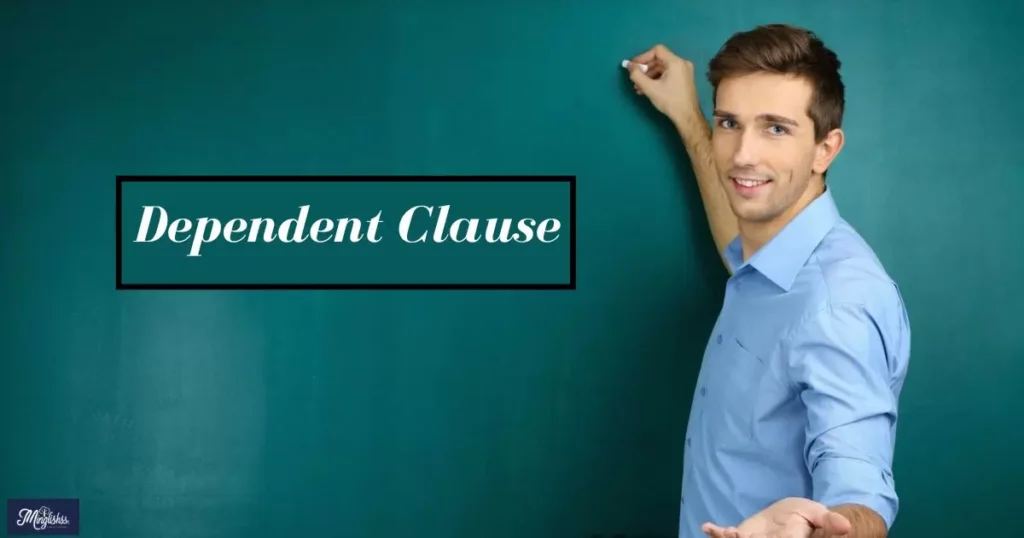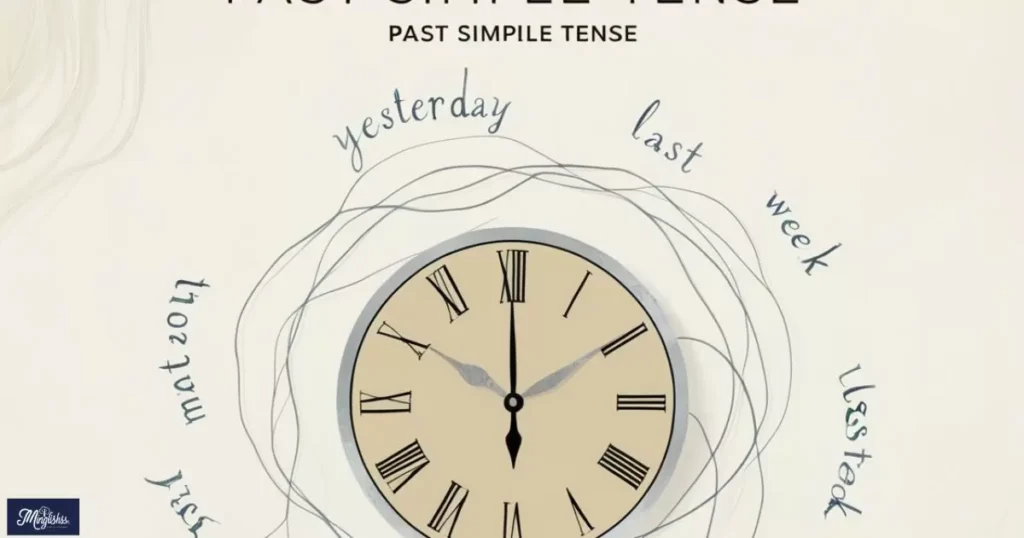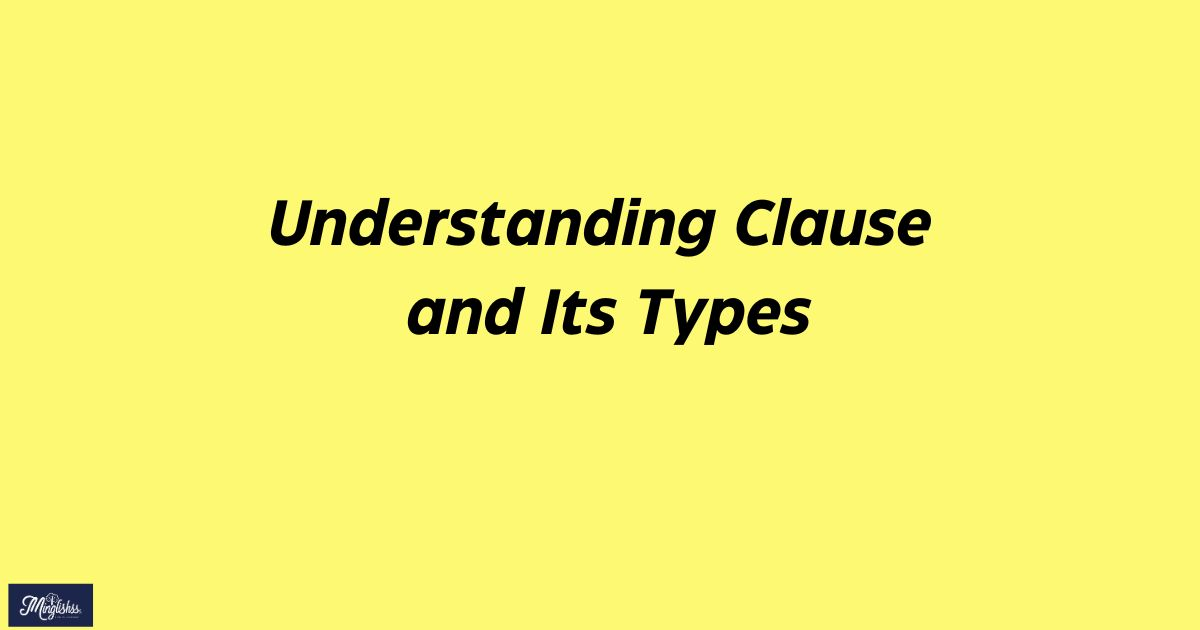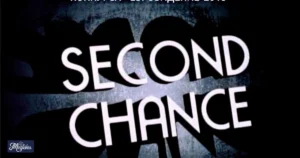Understanding clauses is crucial to mastering the English language. A clause is a group of words containing a subject and a verb. It is the building block of sentences, helping convey complex ideas in a structured manner. Whether you’re writing an essay, drafting an email, or having a conversation, knowing how to use clauses effectively will enhance your communication skills.
In this guide, we’ll dive deep into the world of clauses. You’ll learn about the different types of clauses, including independent and dependent clauses, and how they fit into sentence structures. We’ll also explore how clauses function in different tenses, giving you a clearer understanding of their role in conveying time and action.
By the end of this article, you’ll have a comprehensive understanding of clauses and their types. This knowledge will not only improve your writing but also boost your confidence in using English effectively. Let’s explore the various aspects of clauses and see how you can apply this knowledge in your daily life.
What is a Clause?
A clause is a group of words that contains both a subject and a verb. Clauses are the essential units that form sentences. They can stand alone as a complete thought or rely on another clause to give full meaning. Understanding the different types of clauses will help you write more complex and varied sentences.
Types of Clauses
There are two main types of clauses: Independent Clauses and Dependent Clauses.
1. Independent Clause
An independent clause is a group of words that can stand alone as a complete sentence. It expresses a complete thought.
Examples:
- The sun sets in the west.
- She enjoys reading books.
- They are going to the market.
- I cooked dinner last night.
- The dog barked loudly.
Note: An independent clause can be used as a sentence on its own. It is the main idea in a sentence.
2. Dependent Clause

A dependent clause (or subordinate clause) cannot stand alone as a complete sentence. It relies on an independent clause to give it meaning.
Examples:
- Although she was tired, she finished her homework.
- Because it was raining, we stayed indoors.
- When the bell rang, the students left the classroom.
- If you study hard, you will pass the exam.
- Since he moved to the city, he has been happier.
Note: A dependent clause adds additional information to the sentence but needs an independent clause to be complete.
3. Noun Clause
A noun clause functions as a noun in a sentence. It can act as the subject, object, or complement of a sentence.
Examples:
- What she said surprised everyone.
- I don’t know where he lives.
- Whether he will come is uncertain.
- She wondered if she should go.
- The fact that he lied upset me.
Note: A noun clause can be tricky, but it is often introduced by words like “what,” “where,” “whether,” “if,” and “that.”
4. Adjective Clause
An adjective clause describes a noun or pronoun. It provides more information about a person, place, or thing.
Examples:
- The book that you gave me is fascinating.
- The man who called yesterday is my uncle.
- The house where they live is beautiful.
- The car which was parked outside is mine.
- The movie that we watched was thrilling.
Note: An adjective clause often starts with “who,” “which,” “that,” “where,” or “when.”
5. Adverb Clause
An adverb clause modifies a verb, adjective, or another adverb. It provides information about time, place, reason, condition, or manner.
Examples:
- We will leave when the sun sets.
- She ran because she was late.
- They stayed home since it was raining.
- If you see him, tell him to call me.
- She sings as if she were a professional.
Note: An adverb clause answers questions like “when?”, “why?”, “where?”, “how?”, and “under what condition?”.
English Language Instructor: Mastering the Present Perfect Continuous Progressive Tense
Understanding Tenses in Clauses
Present Perfect Continuous Tense
The present perfect continuous tense describes an action that began in the past and is still continuing or has recently stopped.
Examples:
- She has been reading for two hours.
- They have been playing soccer since morning.
- I have been waiting for you.
- He has been working hard lately.
- We have been traveling across Europe.
Note: The present perfect continuous tense combines “has/have been” with the -ing form of the verb.
Past Simple Tense

The past simple tense describes actions that happened and were completed in the past.
Examples:
- She read the book yesterday.
- They played soccer last weekend.
- I waited for you at the station.
- He worked late last night.
- We traveled to Spain last summer.
Note: The past simple tense often ends in -ed for regular verbs.
Future Continuous Tense
The future continuous tense describes actions that will be happening at a specific time in the future.
Examples:
- She will be reading when you arrive.
- They will be playing soccer at 5 PM.
- I will be waiting for you at the station.
- He will be working on the project all night.
- We will be traveling tomorrow at this time.
Note: The future continuous tense combines “will be” with the -ing form of the verb.
Verbs and Their Uses
Verbs are action words that express what the subject does, what happens to the subject, or what the state of the subject is.
Using the First Form of Verbs in Sentences
The first form of the verb is the base form, used in the present simple tense.
Examples:
- She writes daily.
- They play soccer every Sunday.
- I read before bed.
- He works at a bank.
- We travel during the summer.
Note: The first form of the verb is often used in habitual actions and general truths.
Sub-Categories of Sentences
1. Simple Sentence
A simple sentence has one independent clause.
Examples:
- The cat sleeps on the bed.
- She runs every morning.
- They play soccer on weekends.
- He works at a hospital.
- We travel during vacations.
Note: Simple sentences are straightforward and easy to understand.
2. Compound Sentence
A compound sentence has two or more independent clauses, joined by a conjunction or semicolon.
Examples:
- I wanted to play soccer, but it was raining.
- She studied hard, so she passed the exam.
- They went to the park, and we stayed home.
- He cooked dinner, but I cleaned the dishes.
- We traveled by plane; they drove by car.
Note: Compound sentences connect related ideas, making writing richer.
3. Complex Sentence
A complex sentence has one independent clause and one or more dependent clauses.
Examples:
- Although it was raining, we went for a walk.
- She slept early because she was tired.
- They left before the sun set.
- If you study hard, you will pass.
- When he arrived, the party had started.
Note: Complex sentences show relationships between ideas.
4. Compound-Complex Sentence
A compound-complex sentence has at least two independent clauses and one or more dependent clauses.
Examples:
- Although she was tired, she went to work, and she finished her tasks.
- He likes coffee, but she prefers tea because it calms her.
- They went to the beach, and we stayed home because it was cold.
- I studied for the exam, but I still felt nervous when the time came.
- She finished her project, and he started his, although they were both tired.
Note: Compound-complex sentences combine multiple ideas, creating depth in writing.
5. Conditional Sentence
A conditional sentence expresses a condition and its result. It often uses “if.”
Examples:
- If you study, you will succeed.
- If it rains, we will stay indoors.
- If she calls, tell her I’m not home.
- If they arrive early, we will start the meeting.
- If he finishes his work, he can join us.
Note: Conditional sentences are useful for discussing possibilities and outcomes.
Answers to Key Questions About Understanding Clause and Its Types
1. What is a clause in English?
A clause is a group of words containing a subject and a verb. It forms the building block of a sentence and can either stand alone as a complete sentence or be part of a larger sentence.
2. How do independent and dependent clauses differ?
An independent clause can stand alone as a complete sentence, expressing a full idea. A dependent clause cannot stand alone and depends on an independent clause to make sense.
3. What are the main types of clauses?
The main types of clauses are independent clauses, dependent clauses, noun clauses, adjective clauses, and adverb clauses.
4. How does tense affect clauses?
Tense in clauses indicates the time of the action or state described by the verb. Different tenses, like present perfect continuous or past simple, affect how the clause is understood in terms of time.
5. Why are clauses important in English?
Clauses are crucial for structuring sentences and conveying complex ideas clearly. They help in making writing more precise, varied, and effective.
Conclusion
Understanding clauses is essential for effective communication in English. Whether you’re writing or speaking, the proper use of clauses allows you to convey your ideas clearly and effectively. By mastering the different types of clauses, tenses, and sentence structures, you can enhance your English proficiency and confidence.
Keep practicing with different examples, and soon, you’ll be able to use clauses naturally and accurately in all your communications. Remember, the key to success is consistent practice and application.

Hi, I’m Lauren Reynolds: I bring creativity to English lessons, mixing fun with learning. My goal is to inspire students to explore and enjoy the language.










